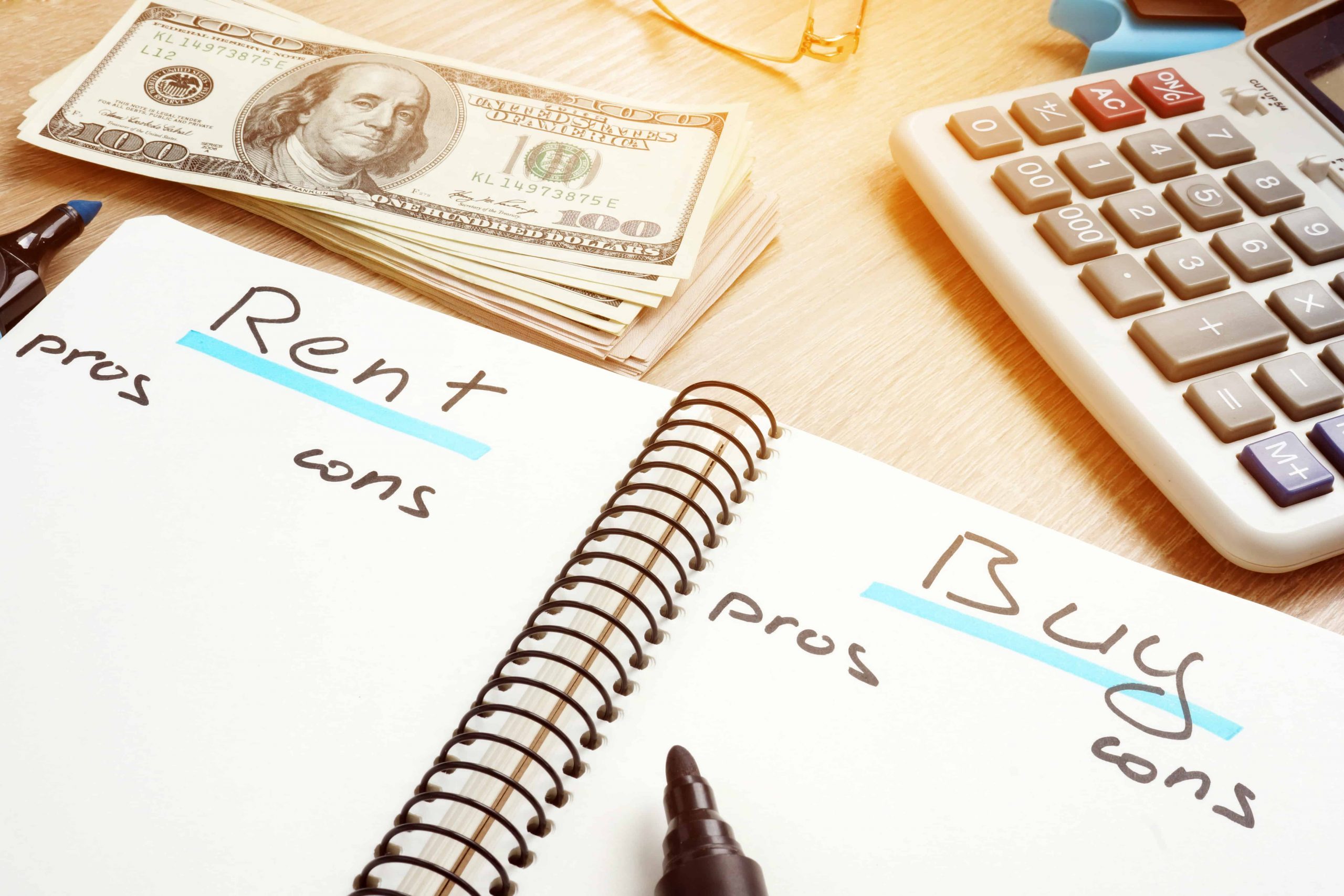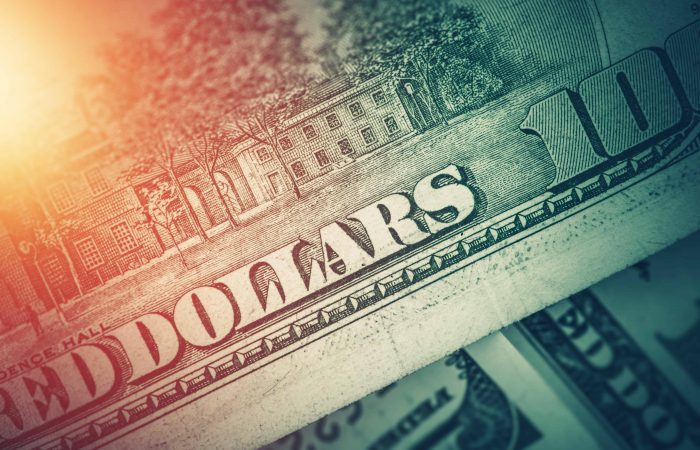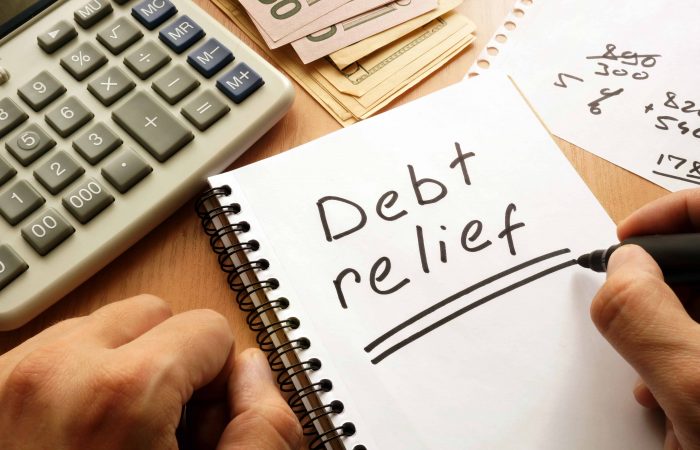If you are renting a place to live, it can be hard to move out, and you could lose all the money you paid for rent. The money instead could go toward a good investment in the long run. Doesn’t paying a monthly rent payment and eventually becoming the owner of the property sound amazing? Moreover, living in the neighborhood for a while before committing to live there to evaluate it is another great idea. This can provide you with a detailed picture of the house’s condition and the area around it before completing the home-buying process. In fact, all of these benefits are available through the rent-to-own housing option. With this option, it is possible to rent a property with the option of purchasing it later. In this article, you will learn how to benefit from this opportunity.
Understanding the Rent-to-Own Option
Many hate renting because, by the time their lease is up, every dollar they spent on rent feels like a waste. This is because when you sign a conventional lease, you will often be required to leave the property after a certain amount of time. Some people may find this to be a benefit of rent-to-own arrangements. You have the option to finally buy the property with this kind of arrangement.
In contrast to traditional rental agreements, which require you to move out when your lease expires, rent-to-own agreements provide you the opportunity to choose between two options:
- The option of purchasing the property at the end of your lease term.
- The obligation to purchase the property at the end of your lease term.
The agreement’s terms and conditions typically include a time frame after which you can buy the property in accordance with those terms. The terms of your contract will also outline your method of home financing. The majority of agreements specify that a portion of the rent will go toward paying a portion of the cost of the property.
Do Rent-to-Own Agreements Involve Special Fees?
The type and amount of fees are another difference between a conventional rent lease and a rent-to-own agreement. In reality, if you go for this housing option, there will usually be some expenses waiting for you to pay. There is an option fee, which normally is between 1% and 5% of the sale price of the property. However, you can usually negotiate option fees but don’t expect to get a refund on them. It’s called an option fee since it makes it optional to buy the property when your lease is up.
Rent-to-Own Pros
In general, this solution provides potential homebuyers with additional time to enhance their financial status before making a purchase. Everybody can benefit from this option. There are no particular criteria. Yet it can be particularly helpful for those who have trouble with the traditional home-buying process or who need extra time to improve their credit score. For individuals who are not yet in a position to make a down payment, this is also a fantastic option.
How to Get a Rent-to-Own Home
If you’ve already made the decision to use this option, you might be unsure of your next steps or where to begin. In fact, getting a rent-to-own property will be a straightforward process if you are clear on the following:
- Knowing What Happens During the Purchasing Process
- Negotiating and Agreeing on a Price to Buy the Property
- Putting Rent Towards the Purchase Price
Know What Happens During the Purchasing Process
After your rental term expires, it’s usually time to buy the property, if the contract states so. However, if you don’t have an obligation to complete the purchase, you will need to move out, just like with traditional leases. Generally speaking, the process for purchasing a home will vary based on the lease’s conditions. This means that you need to be aware of the details of your specific agreement regarding the way in which the purchasing process will go. This will most likely save you from facing lots of trouble.
What Will Happen If You Can’t Afford To Buy The Property?
It is possible to run into problems if the lease agreement states that you must purchase the property at the end of the lease term, but you are unable to raise the funds. Breaking your lease agreement by not buying the house may have some consequences. You might face penalties, which is not cool. As a result, it is better to enter into a rent-to-own agreement, in which you have a choice but not the obligation to purchase the property.
Negotiating and Agreeing on a Price to Buy the Property
With this type of agreement, it is common for the purchase price to be a little higher than the market price. When you sign the lease, you and the current homeowner can usually agree on a price. It is also possible to determine the property’s price after the lease period ends. The specifics of your agreement will determine this. For this reason, you must fully understand when and how the purchase price of a property will be determined before entering into a rent-to-own agreement.
Putting Rent Towards the Purchase Price
Not only does the rent-to-own option provide you with more time to save money, but it also makes it easier to cover the cost of the house. This option allows you to pay a portion of the purchase price with your monthly rent payments. The option fee may also be (wholly or partially) deducted from the purchase price.
To give you some context, say your monthly rent is $2,000 for four years and your contract says that 25% of your rent should be applied to the purchase price. This means that, by the end of your lease, you would have paid $24,000 of the house’s price.
All in All
You can experience certain difficulties when trying to purchase a home, particularly those involving money. At the same time, it hurts to lose money on rent every month. However, there is the option of purchasing a home while still enjoying the perks of renting. You might find the solution you’re looking for in the rent-to-own option. This option provides you more time to get your finances in order before you buy the house. As a tenant, you can learn more about the property while living there. Also, you will have the chance to save for mortgages and other necessary housing expenses. In conclusion, you should take rent-to-own into account when reviewing your options because it can be an excellent option for you.



